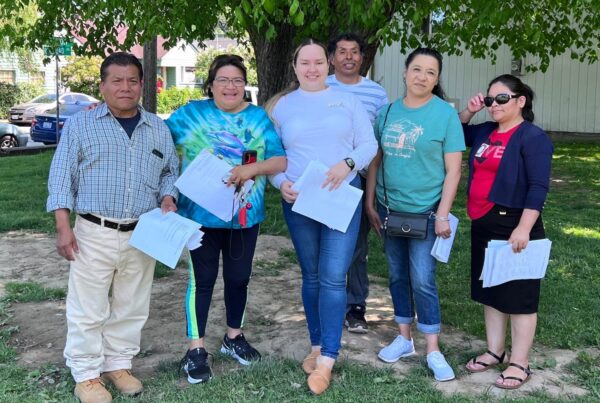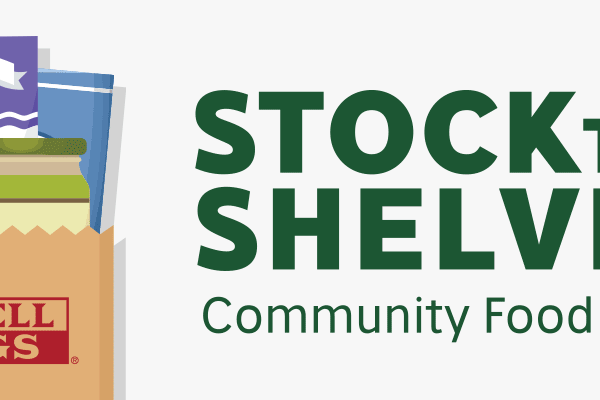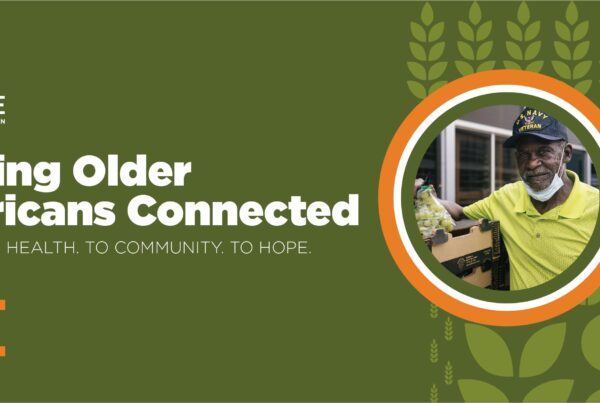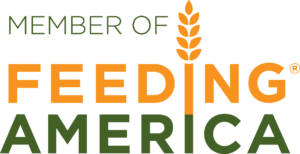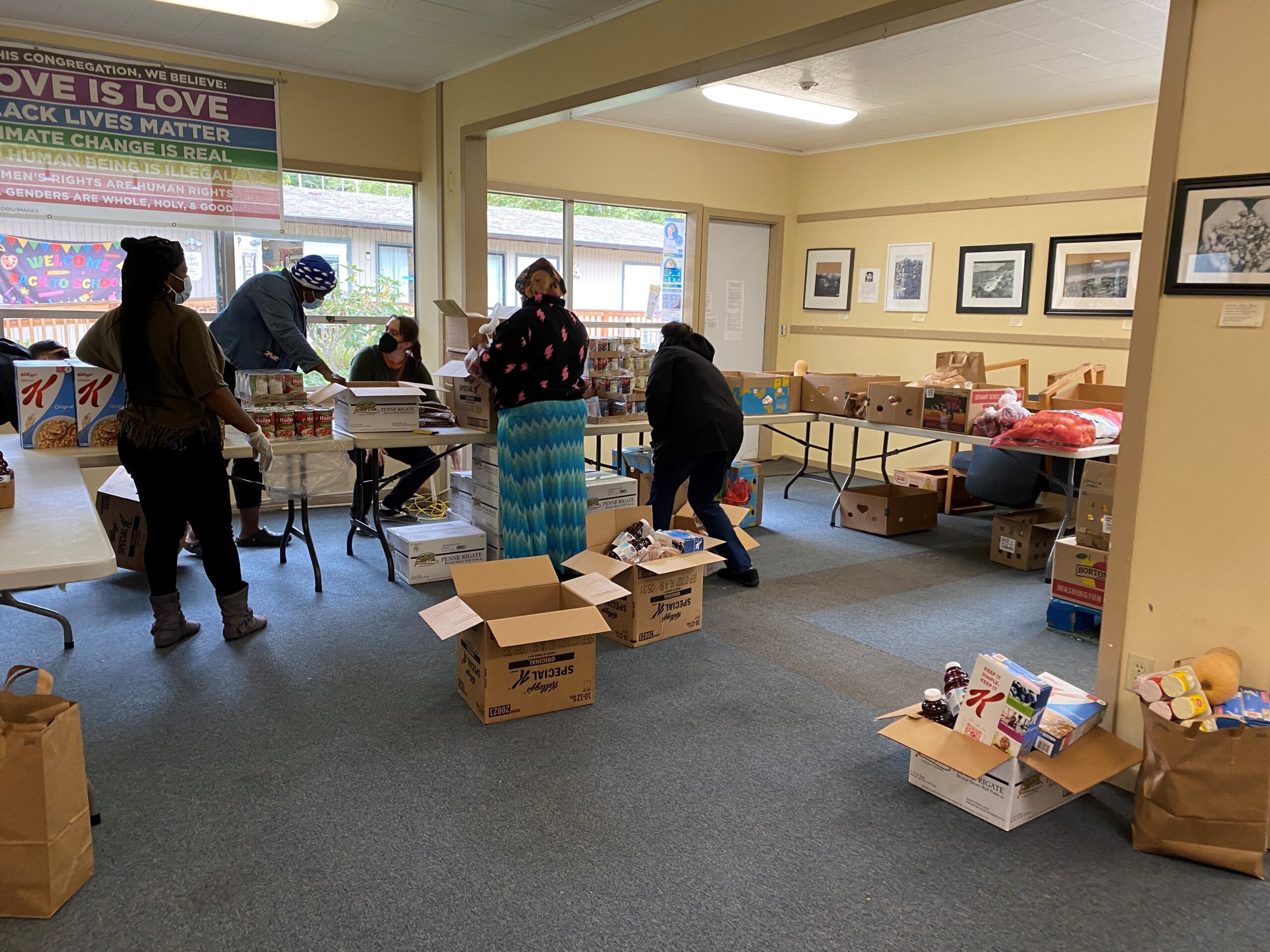
By Matthew Svilar
For the members of Des Moines, WA’s growing Haitian Christian United Church, challenges like having no pastor or even a church itself have proved to be small when met with the shared commitment that the community has demonstrated to supporting one another. It was this dedication that led the Haitian Christian United Church to Food Lifeline, and as a Mobile Food Program agency since August of 2021 the organization has been a vital community partner in ending hunger in King County.
Over the last 18 months, the church has hosted nearly 100 community food distributions regularly providing fresh produce and culturally relevant foods to more than 50 families in need. And as community leader Euca St. Louis says, more Haitian families are coming to King County nearly every day. “People have found their way here from the Mexican border, from Haiti, from Florida, from the Bahamas,” she said, “and before Food Lifeline, we had so little available to give them.” Euca says that sourcing desired and familiar foods for her community – foods like plantain, mango, eggplant, and fish – has made a significant impact. Accessing culturally relevant food is often a challenge for many new families in a country where immigrants and refugees are typically provided few resources.
Haitian migrants to the U.S. have been targeted in recent years by several government immigration policies. While new immigration avenues have recently opened, Human Rights Watch reports that the U.S. deported more than 20,000 people to Haiti between 2021-2022. These policies have been the result of a recent increase in Haitian migrants seeking to cross the U.S. – Mexico border, many of whom fled Haiti after the 2010 earthquake for central America.
In supporting new members to the Haitian community of Des Moines, Euca and her colleague Maryse Brock have spent countless hours pouring over immigration forms, work permit applications, funding requests, and grant proposals. Yet Euca has never questioned why she plays so many roles in helping to provide for King County’s Haitian community.
“You do it because you’ve been there,” she said, “and because you have hope that things will get better.” Having come to the United States herself more than 20 years ago, Euca said that she knows what it’s like to have little in the way of support and that her faith and love for her community still drive her to help however possible.
Though the hardship of the pandemic still strains local communities, Euca says that she is nevertheless able to find peace of mind through Food Lifeline’s partnership and consistent support. Knowing that the Haitian community has a partner in Food Lifeline has helped Euca further the community’s commitment to mutual support, and it gives Euca the confidence to be there for the families here now and the ones yet to come. “In Miami, New York, there are Haitian communities that people know… we want people to know us too.”

